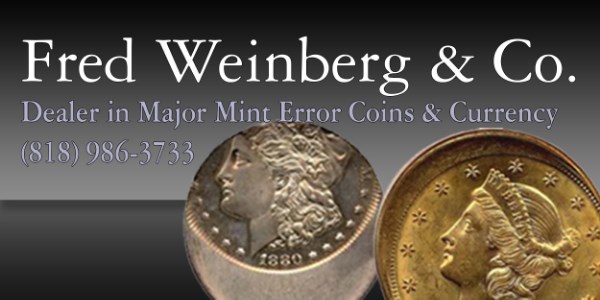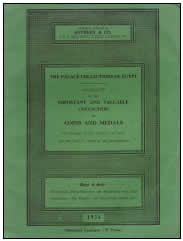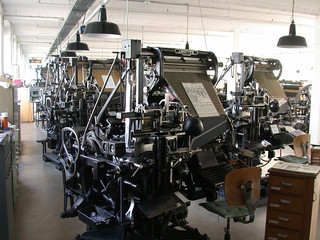
PREV ARTICLE
NEXT ARTICLE
FULL ISSUE
PREV FULL ISSUE
NOTES FROM E-SYLUM READERS: DECEMBER 29, 2019Pillory Ferran Fezziwig!
Bill Eckberg is a member of my northern Virginia numismatic social group, Nummis Nova. Now retired and living in Florida, he keeps tabs on us through my Numismatic Diary articles. Last week I recounted events at our annual holiday dinner at Gadsby's tavern in Alexandria, VA. -Editor Bill writes: I particularly enjoyed the Nummis Noval report. Gadsby's has long been a favorite. Susan and I had our wedding reception there, though the minstrel didn't come by that night. Did he speak only of 1819? Back in the day, he only knew of current events from exactly 200 years ago. I once attended the Old Presbyterian Meeting House and saw him there in current attire. I must take exception to the report by Ferran Fezziwig. My proof 1895 dollar was NOT returned, and I suspect that he was the true culprit. Please have him pilloried. To read the earlier E-Sylum article, see:
Mike Kliman - Farouk Sale Attendee
Thanks, Julian. Kliman would also be about 88 years old. Linked below is a 2009 article where Alan Weinberg recounted a conversation with Kliman about the sale. -Editor To read the earlier E-Sylum articles, see:
On Selling Medals of Honor
I'm sorry for the delay in publishing this note - it got lost in my inbox for a month. -Editor Jeffrey S Zarit writes: I liked your stories on medals of honor. I have understood that the Medal of Honor cannot be bought or sold. I do not know if this is true also for Great Britain's Victoria Cross. In my opinion, all medals, where the recipient places his life in danger, should never be bought or sold, but should remain in the recipent's family, or returned to the issuer. To read the earlier E-Sylum issue, see:
Harvey Stack on Printing Technology
I read all of last week's E-Sylum and became intrigued by the story "Hand cut - Hand Engraving " I first learned about printing my early years at Stack's (1947) when we had to write catalogs, send manuscript to the printers, go to the shops that did the work, and thereby be sure that all we printed was mailed out.
I saw the "brass" letters drop on a line, forming words, and as each line was complete the lyneotype would slide over to a mold, hot lead would pour into mold, and a line of type was created. Then these lines would be assembled on a tray , spaces inserted between them, and galleys were then produced to be proof read. Once this was done, blocks of wood, having the photos made in a metal photo shop introduced to the copy, and by hand one of the type setters would create pages for print. Though from above, with the techniques these workmen had, a 50 page catalog, with photos in place, were mounted on 8 page (sometimes larger) frames and were used on the flat-bed press to create a catalog. The whole proccess usually took less than 2 days. Coincidentally with your story in this week's E-Sylum, is a very detailed article in the Double Issue "Economist" dated December 21. 2019, entitled "THE AGE OF MECHANICAL REPRODUCTION AS A WORK OF ART " starting on page 22 of this issue. It reviews the early history of die cut hand leadering from the early days from early ancient times to the 20th Century. The early use of wood-faced letters, than hand cut metal, and the use of thousands of different Fonts and Sizes is very instructive for those who like the study the advent and use of printing to record history, and tell stories., write scientific books as well as novels. History would have been lost if this science and art was not developed. I couldn't find the Economist article online - it's probably behind a firewall. Thanks, Harvey, for bringing this to our attention. The technology sure has changed over the last couple decades. -Editor To read the earlier E-Sylum article, see:
 Wayne Homren, Editor The Numismatic Bibliomania Society is a non-profit organization promoting numismatic literature. See our web site at coinbooks.org. To submit items for publication in The E-Sylum, write to the Editor at this address: whomren@gmail.com To subscribe go to: https://my.binhost.com/lists/listinfo/esylum All Rights Reserved. NBS Home Page Contact the NBS webmaster 
|

